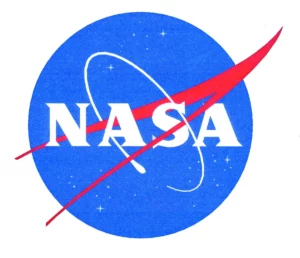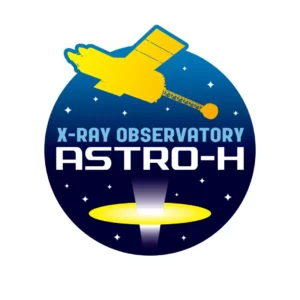 Potomac is thrilled to announce that the National Aeronautics and Space Administration [NASA] has invited us to demonstrate our digital fabrication technologies at NASA Technology Day, April 29, on Capitol Hill. We’ll be showing samples of the many types of medical device and biotech products Potomac has manufactured as an outgrowth of research conducted for NASA. NASA sponsors Technology Day each year to show how investments in space and aeronautics technology not only enable the space agency’s goals, but also create or improve products and services that benefit life here on Earth.
Potomac is thrilled to announce that the National Aeronautics and Space Administration [NASA] has invited us to demonstrate our digital fabrication technologies at NASA Technology Day, April 29, on Capitol Hill. We’ll be showing samples of the many types of medical device and biotech products Potomac has manufactured as an outgrowth of research conducted for NASA. NASA sponsors Technology Day each year to show how investments in space and aeronautics technology not only enable the space agency’s goals, but also create or improve products and services that benefit life here on Earth.
The 1958 Space Act that created NASA actually mandates that the agency transfer as much of its technology as possible for the benefit of the American people. Many products over the years have come to the commercial marketplace through this dual-use concept. A fun example dates from the early moon landing missions. Black and Decker Corporation won a contract from NASA to design a way to pick up moon rocks. A technical problem they had to solve was how to power the device since an extension cord was not an option on the moon. And so the battery operated Dust Buster was born!
Potomac’s early work for NASA was through the Small Business Innovation Research [SBIR] program that is intended to help small businesses come out with new products while providing R&D for the agency. The SBIR grant funded research in core competencies that were instrumental in developing the company’s expertise in laser micromachining that is now used to manufacture many different types of products.
Back in the mid-1990s when this R&D took place, many fundamental micromachining processes had to be developed. The SBIR grant specified two main objectives. The first was to “prove the capability of excimer lasers in crafting intricate, diffractive optical elements—lenses etched with thin, micro-structure patterns that manipulate the light passing through them.” The second was “to develop an integrated computerized workstation capable of mass-producing such optical components.” Both goals were achieved and the know-how and knowledge we acquired in the process are still used in our manufacturing plant today.
 “The work with NASA showed a different way of making these components and pushed the limits of the technology. It really set the tone for our direction in leading this field,” states Potomac President and CEO Mike Adelstein in a recent article in NASA Spinoff magazine. Potomac continues to supply parts and services to NASA, and to collaborate with NASA-formed entities such as the Center for Research and Exploration in Space Science and Technology (CRESST). For the ASTRO-H satellite project we inscribed laser markings on filter carriers for imaging systems, which directly utilized the high precision R&D NASA originally funded.
“The work with NASA showed a different way of making these components and pushed the limits of the technology. It really set the tone for our direction in leading this field,” states Potomac President and CEO Mike Adelstein in a recent article in NASA Spinoff magazine. Potomac continues to supply parts and services to NASA, and to collaborate with NASA-formed entities such as the Center for Research and Exploration in Space Science and Technology (CRESST). For the ASTRO-H satellite project we inscribed laser markings on filter carriers for imaging systems, which directly utilized the high precision R&D NASA originally funded.
Potomac’s recent innovations for localized cancer treatment and a device to fight cervical cancer underscore the value of NASA’s financial support in our journey from a young company pioneering laser micromachining processes to the place we are today, changing people’s lives with complex digital fabrication.
NASA Technology Day is open to the public and will take place at the Rayburn Building in Washington, D.C. from 3 – 7 p.m. on April 29, 2015.


